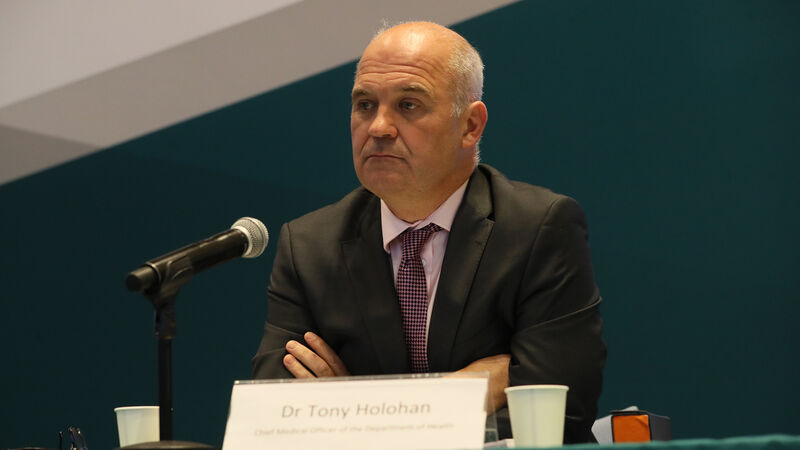Fergus Finlay: Nphet rises above the noise to deliver sound public health advice

Dr Tony Holohan, chief medical officer at the Department of Health, and chair of Nphet; Ireland's National Public Health Emergency Team are doing the country a great service.
Right now, mortality rates across Europe as a result of Covid-19 are six times higher than Ireland. At the start of October, we were in the middle of the European league when it came to hospitalisations and admissions to intensive care. Now we’re at the bottom – an amazing improvement in a short time. Our infection rates have dropped, while throughout Europe they have climbed inexorably.
Can anyone seriously look at those basic facts and argue that we’ve been given bad advice?












